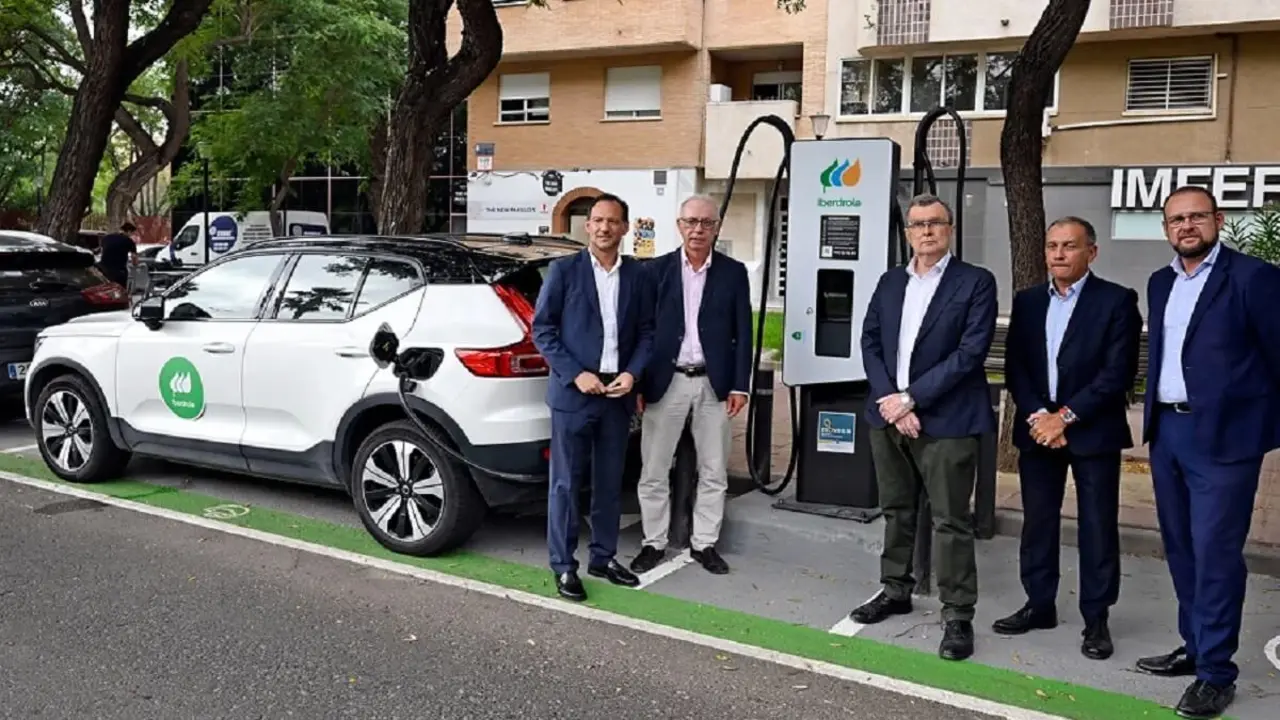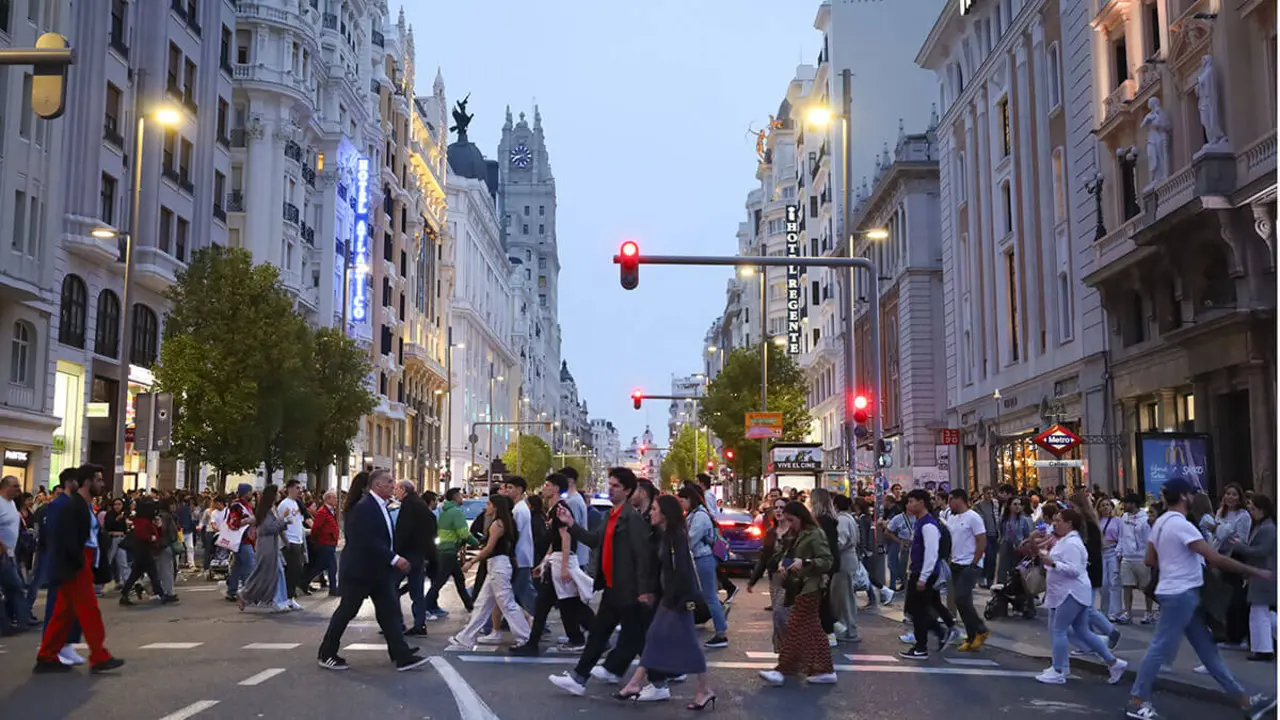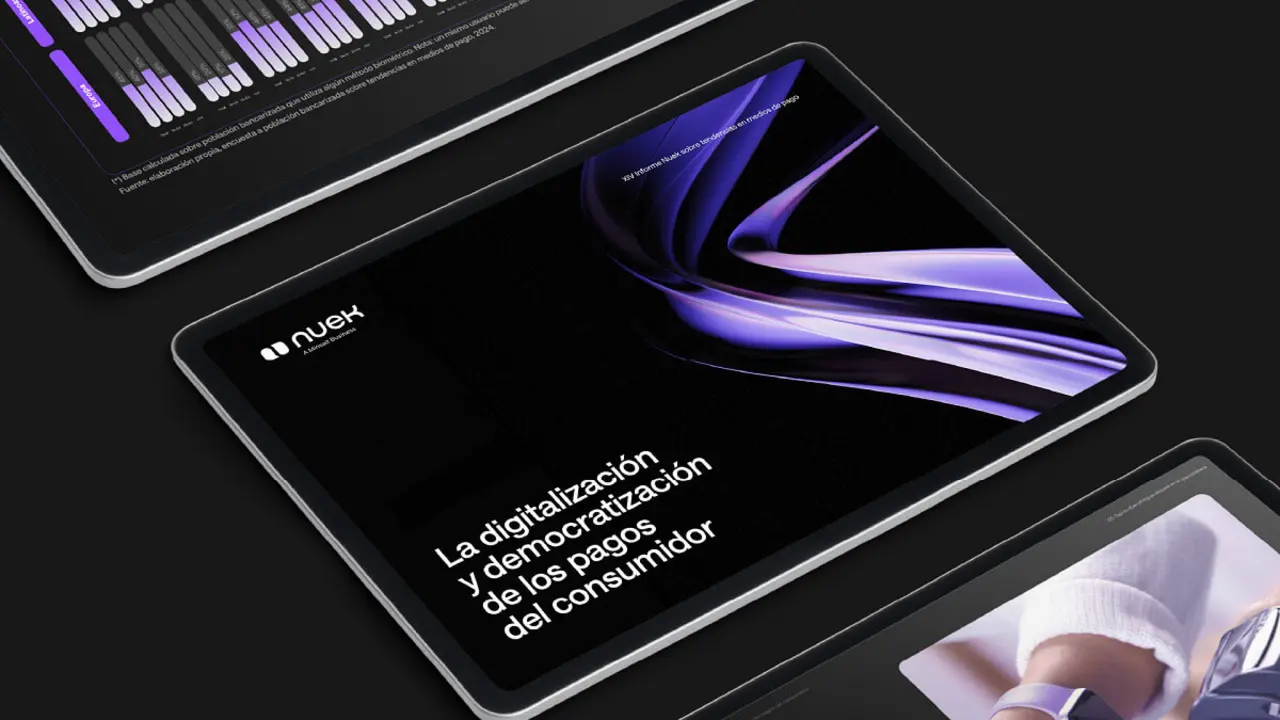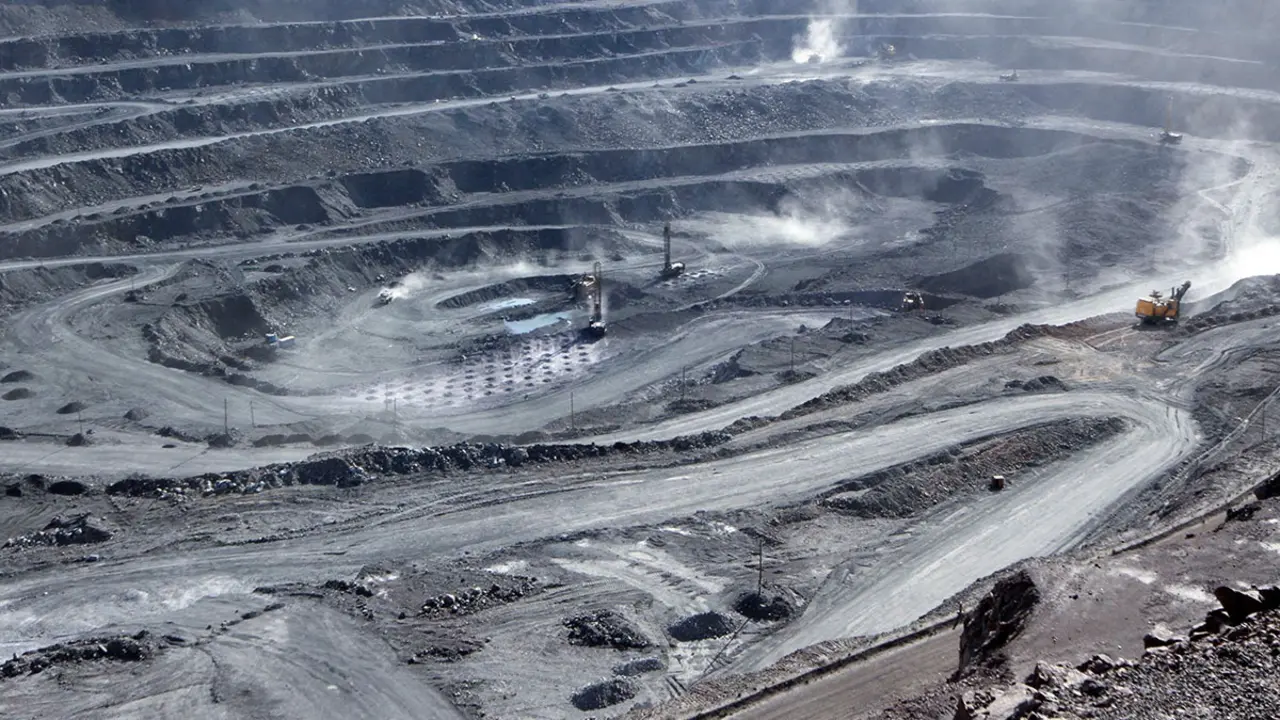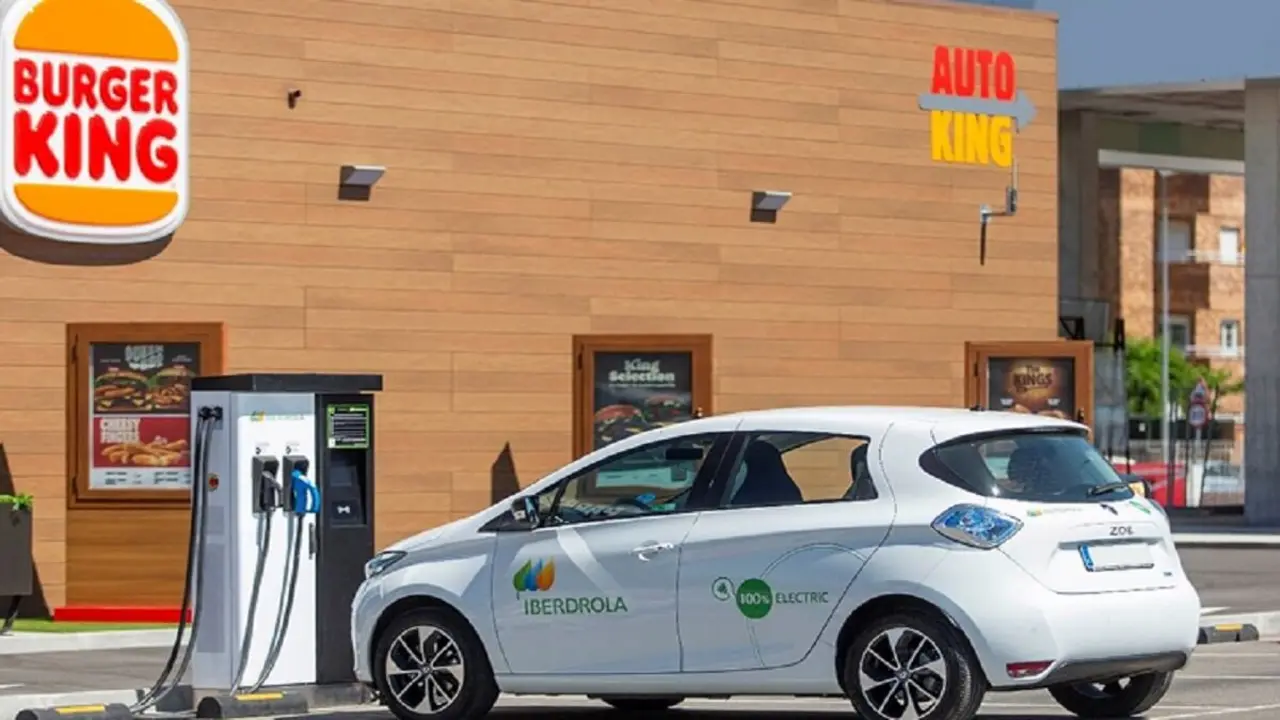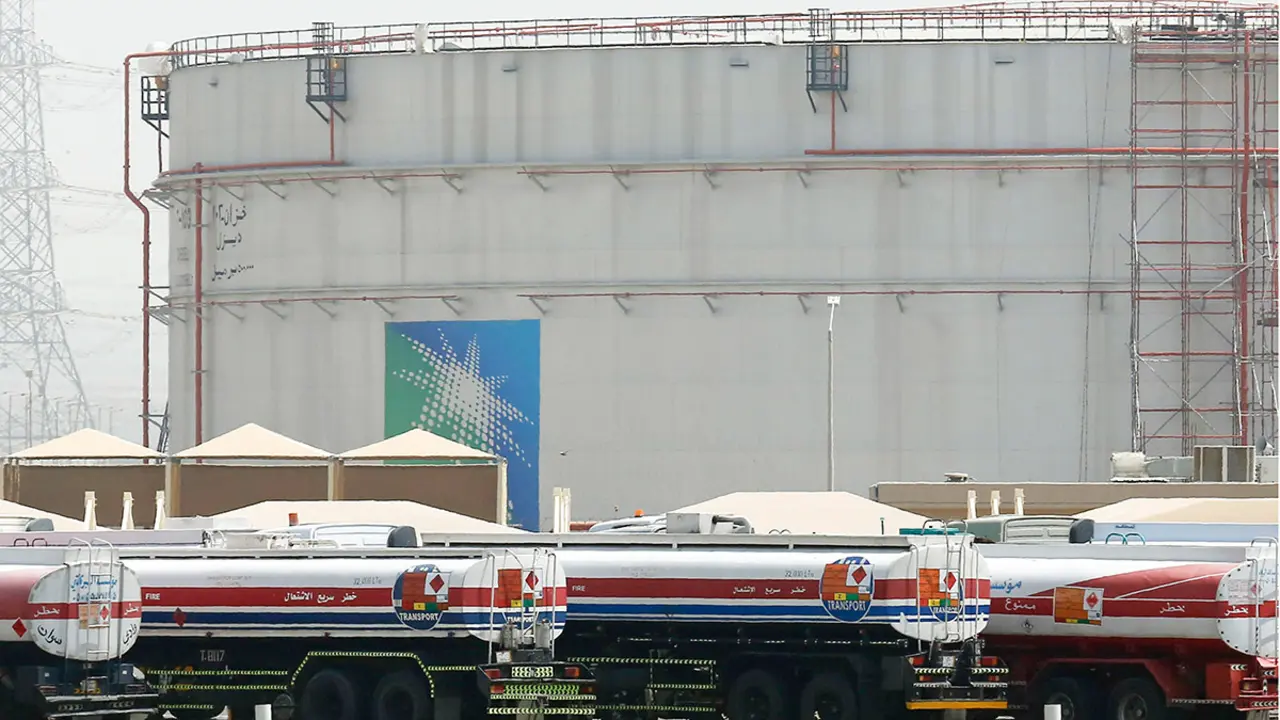Morocco floods Europe with its agricultural products

Morocco is a world agricultural power. For example, since 2022 it has been the world's third largest exporter of tomatoes. Moroccan exports of this vegetable increased by 7% to 670,000 tonnes in 2022. The European Union is Morocco's leading partner with 43 billion euros in trade in goods in 2021, and in the agricultural sector, Morocco's exports to EU countries reached 1.25 billion euros.
According to Fatiha Charrat, deputy general manager of Moroccan fresh produce exporter Delassus Group, fruit and vegetable exports reached a volume of 1,607,000 tonnes during the 21-22 season, an increase of 13% compared to the previous season.
Since the entry into force of the Association Agreement between the European Union and Morocco, fruit and vegetable imports into Spain from this country have quadrupled and in the European Union they have doubled. These measures have facilitated the sale of agricultural products within the EU. In addition, Morocco's climatic conditions and low wages and production costs mean that they can easily export their agricultural products to the EU and compete with European products because their products have lower prices.
This is causing unease among EU farmers. In the tomato sector, for example, according to the Spanish Federation of Associations of Fruit, Vegetable, Flower and Live Plant Exporters (Fepex), "the uncontrolled growth of tomato imports from Morocco and the EU policy in the area of plant health and packaging, derived from the Farm to Table Strategy, threaten EU tomato production, which is on a downward trend in production and foreign trade". Fepex is going to ask the European Commission for extraordinary aid of up to 10% of the value of the marketed tomato production of the producer organisations to compensate for the damage caused by "the laxity in applying the cooperation and safeguard clauses of the EU Association Agreement with Morocco and on the other hand, the application of the tariff concessions of the Agreement to production in Western Sahara, which is becoming the main tomato exporting area of this country".

In addition, the European Commission approved a 115 million euro programme in 2022 to boost organic, inclusive and innovative agriculture in Morocco. This is the first agreement of its kind with a non-EU third country. This aid will enable the Kingdom to improve its production at a time when fertilisers and pesticides have risen sharply in price since last year.
The agriculture and fisheries sector accounted for 12% of GDP in 2021 in Morocco and plays a key role in employment and activities, especially in rural areas. 70% of the rural population is directly dependent on it. Agricultural and rural development is a major social challenge. This is why the Alaouite Kingdom adopted an ambitious policy in 2008, the "Green Morocco Plan" (PMV), which has made it possible to support the development of commercial farms and the integration of small farmers into national and international supply chains. In 10 years, investments in the agricultural sector reached 104 billion dirhams, or almost 10 billion euros.

In addition, the continuation of the PMV, the Green generation Plan 2020-2030 plans to increase agricultural production, improve the income of Moroccan farmers and decrease water consumption in the agricultural industry. Spain has already granted Morocco several loans for desalination plants and the installation of water purification plants. Moreover, since the re-establishment of relations with Israel, Morocco is benefiting from the Middle Eastern country's technology to innovate in the agricultural sector.
Productivity and exports are expected to continue to grow, although Morocco is facing high inflation mainly due to the rising price of fertilisers, packaging and transport, as well as water scarcity, which has led Morocco to increasingly invest in desalination plants.


